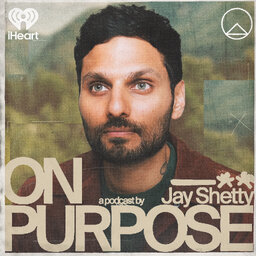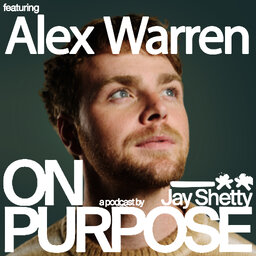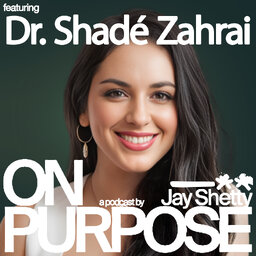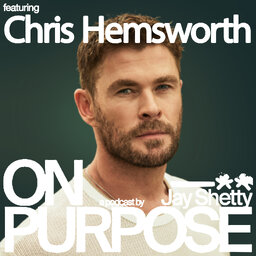My Birthday Episode: 12 Lessons I've Learned in the Last 12 Months & Ways You Can Apply Them Into Your Life
Each year is a new year to develop new skills and acquire more knowledge.
We also discover more things about ourselves and learn new lessons along the way.
In this birthday episode special, I'm sharing with you some of the biggest personal and professional reflections in the past 12 months. Our relationships greatly influence our well-being so it's crucial to surround ourselves with individuals who uplift and support us. Our bodies are our most essential assets, and nurturing them is a fundamental responsibility.
In reality, even with the purest of intentions, there will always be individuals who seek to undermine or criticize us. It encourages resilience in the face of negativity and a focus on staying true to one's path.
In this episode, you'll learn:
The importance of self-care
How to stay grounded
How to love yourself more
Being perfect isn't required when helping others
How to serve others with gratitude
These valuable life lessons provide a roadmap for personal growth, resilience, and a meaningful life. They serve as reminders of the beauty and complexity of human existence, encouraging us to learn and evolve.
With Love and Gratitude,
Jay Shetty
What We Discuss:
00:00 Intro
01:56 Personal and professional reflections for the last 12 months
02:43 Lesson #1: Be really conscious about who you keep and let go in your life
07:33 Lesson #2: Take care of your body like your life depends on it
12:19 Lesson #3: It’s okay to ask for a hug or help from others
16:40 Lesson #4: Don’t buy into your own hype, stay connected to where you started
19:37 Lesson #5: People will always try to tear you down no matter how good your intentions are
22:10 Lesson #6: Different levels come with different problems
26:11 Lesson #7: As you get older, don't forget to do things for your younger self.
29:45 Lesson #8: Give yourself permission to be all of you
30:22 Lesson #10: You don't have to be perfect to help others
31:11 Lesson #9: You can’t avoid mistakes but don’t avoid the lesson
32:38 Lesson #11: Make new memories instead of living old ones again and again
34:03 Lesson #12: Use your gifts and skills in the service of others.
 On Purpose with Jay Shetty
On Purpose with Jay Shetty


